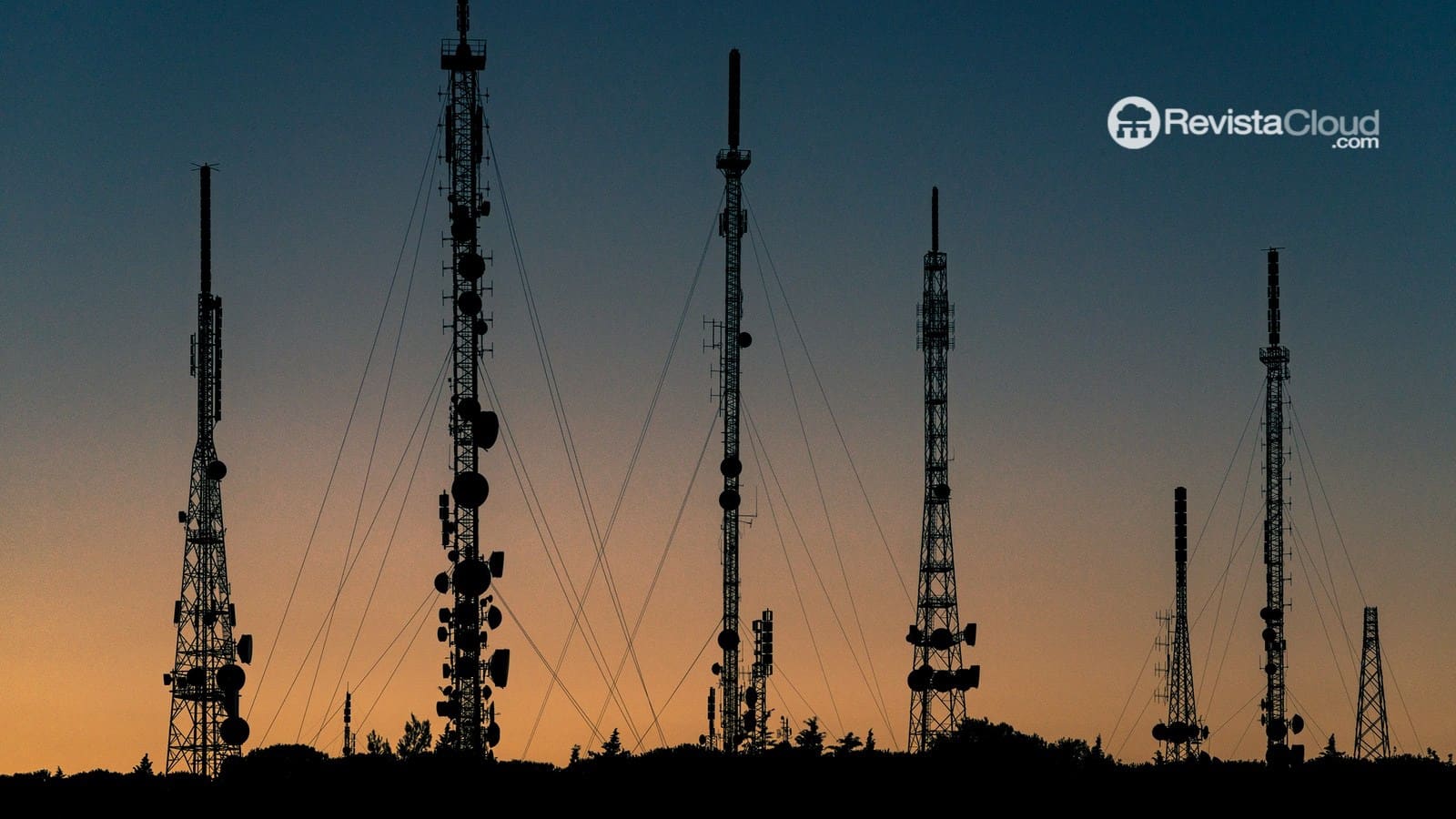The recent power outage has highlighted the fragility of mobile and fixed networks in the face of prolonged power failures, but it has also brought to light a growing and less visible issue: the systematic theft of batteries, copper, and equipment from telecommunications towers.
The power outage that left much of Spain without electricity on Monday, April 28, also revealed a second alarming blackout: that of telecommunications. In just a few hours, users were cut off, without mobile service or data access. The situation affected not only basic services but also electronic payments, instant messaging, and even emergency systems.
While the initial outage was due to a massive disruption of the power supply—affecting 60% of the national territory in under five seconds—the restoration of communications was severely hindered by another increasingly critical factor: the theft of critical infrastructure from communication towers.
Thefts Weakening the System
Over the past year, thefts from telecommunications infrastructure have increased concerningly. According to industry sources, in 2024 alone there were reported 4,433 thefts of copper wiring and other conductive materials, marking an 87% increase compared to 2019. Castilla-La Mancha, Andalusia, and the Community of Madrid account for the highest number of recorded incidents.
The gangs primarily steal:
- Copper cables, for their value on the black market.
- Backup batteries, either lead-acid or lithium, essential for keeping antennas active during power cuts.
- Electronic equipment (UPS, radios, transmission modules).
- Solar panels or generators, from towers that operate on renewable energy.
This situation has prompted operators like Movistar, Vodafone, or MásOrange to establish emergency protocols that, in some cases, include burrowing backup batteries near the towers to install only in urgent situations. "We repair them on Tuesdays, and they get stolen again on Saturdays," explain industry technicians.
Inadequate Backup Infrastructure
During the outage, mobile base stations operated on batteries with a duration of 2 to 4 hours. However, the surge in calls and data traffic accelerated their depletion. By around 5 PM, most mobile networks were already out of service.
Operators with greater backup infrastructure managed to maintain some of their services, but disparities between companies and the lack of generators at many towers led to almost total disconnection in several regions, including the Balearic Islands, which had to activate its Territorial Emergency Plan.
A Structural Problem: Organized Crime and Lack of Legal Response
Security sources warn of the involvement of organized gangs, some originating from Eastern Europe, that operate in a coordinated manner looting public and private infrastructure. Estimates suggest that these networks handle an illicit market close to €6 billion.
Criminals steal small lengths of cable to avoid being prosecuted—since the individual value typically falls below the threshold triggering immediate legal action—and then coordinate collection with vehicles that accumulate and export the material. A significant portion of the stolen copper ends up in Asian markets like China, or even in European countries that reuse the materials in projects funded by the European Union.
The Regulatory Void and the Need for a Firm Response
The absence of a legal framework that recognizes the systemic impact of these thefts—which affect critical services in communications, transport, and energy—has led operators to cut back on their investments in energy backup out of fear of continuous losses. This, in turn, weakens emergency response capabilities in real crises, like the one experienced on April 28.
The incident also coincided with the theft of wiring from a high-speed train network (AVE), leading to disruptions in several trains. The Transportation Minister labeled the incident as sabotage and reported that, while the stolen copper was worth less than €300, the damages incurred amounted to hundreds of thousands of euros. This disconnect between the actual damage and the legal treatment of the crime reflects one of the main gaps allowing for impunity.
Towards a National Strategy for Infrastructure Protection
The outage and thefts have underscored the need to establish a National Resilience Plan for Critical Infrastructure, integrating energy, technology, and security aspects. Telecommunications are now an essential part of daily life and the structure of the State and cannot exclusively rely on fragmented contingency plans or the individual capacities of operators.
In light of the rise of organized crime, the increase in cyberattacks, and the geopolitical challenges facing Europe, the physical and legal protection of communication networks must become a strategic priority, comparable to cybersecurity or energy defense.
Source: Escudo Digital

